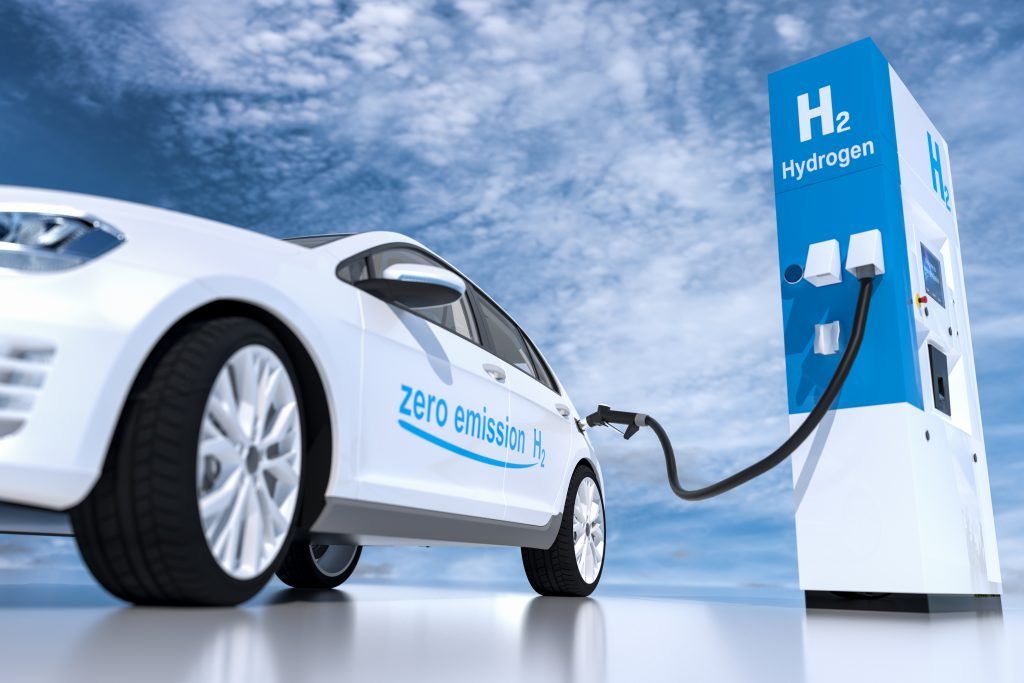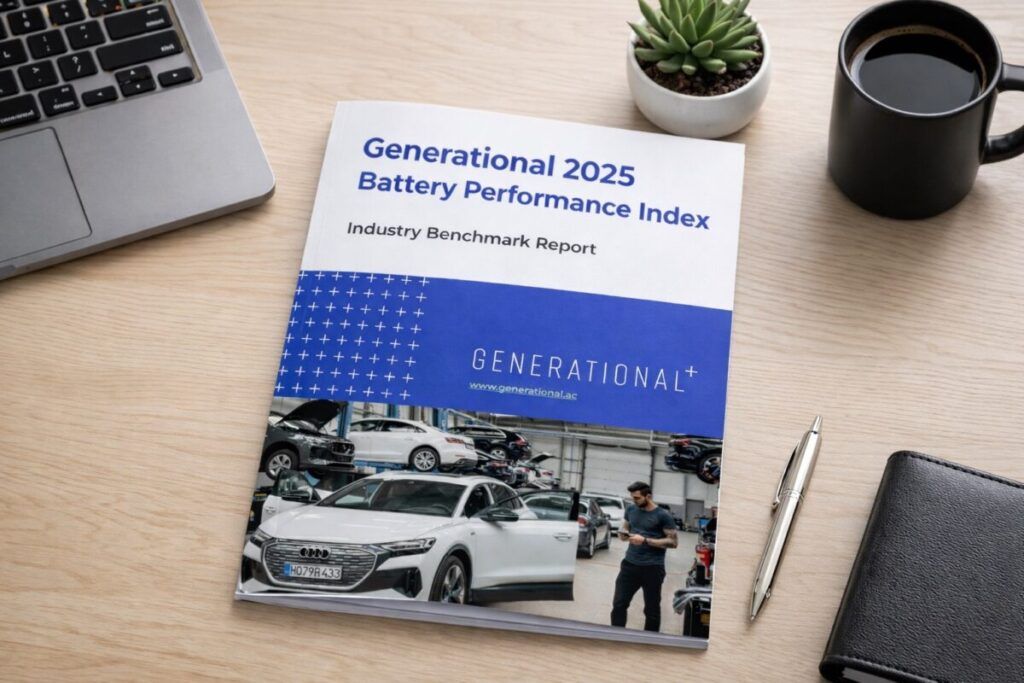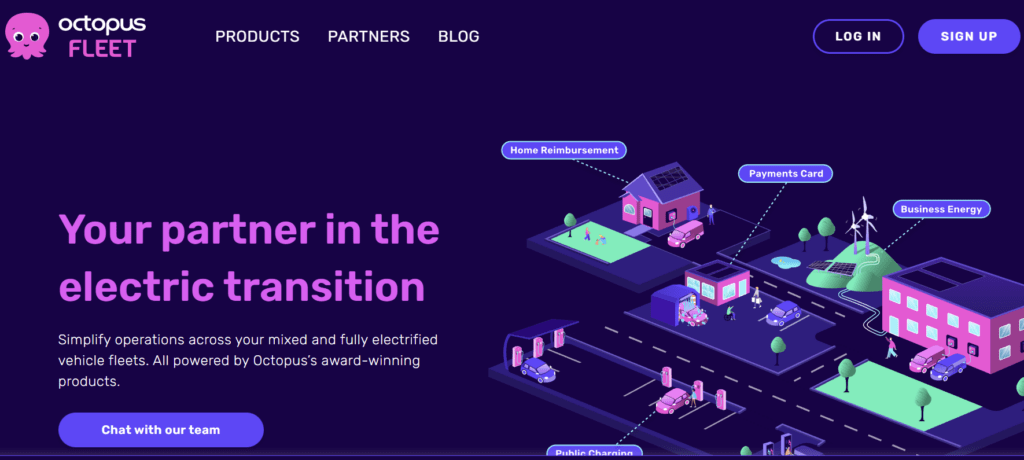Stellantis’ decision to discontinue its hydrogen fuel cell technology development program has been called a “major blow” for fleet adoption of the technology.
Peter Golding, CEO at the fleet software specialist FleetCheck, made the comments following the news last week that Vauxhall was axing the programme – and release of a vehicle later this year – due to a limited availability of infrastructure, capital costs, and lack of consumer demand.
Stellantis had initially scheduled production was scheduled to start this summer in Hordain, France of medium-sized vans, and Gliwice, Poland of large vans.
Jean-Philippe Imparato, Chief Operating Officer for Enlarged Europe, said that hydrogen was a “niche segment” in the decarbonisation of vehicles, and “with no prospects of mid-term economic sustainability.”
He added: “We must make clear and responsible choices to ensure our competitiveness and meet the expectations of our customers with our electric and hybrid passenger and light commercial vehicles offensive.”
Golding said that the model planned by Stellantis would have “provided the best available chance for operators to assess the viability of hydrogen in real world conditions.”
He said had been a “very real opportunity” for hydrogen to play an important part in zero emission transportation, although he understood the reasoning for the axing of the programme.
Golding also highlighted that the Stellantis decision followed BMW’s announcement that it would also not be bringing its hydrogen car to the UK due to a lack of infrastructure.
“In making that announcement, BMW called on the UK government to match the EU’s ambition for a hydrogen filling station every 120 kilometres but that level of commitment hasn’t stopped Stellantis cancelling their van across the whole Europe. That’s a sad fact you can’t help but feel could weight on future political thinking about hydrogen,” Golding concluded.
Image from Shutterstock












